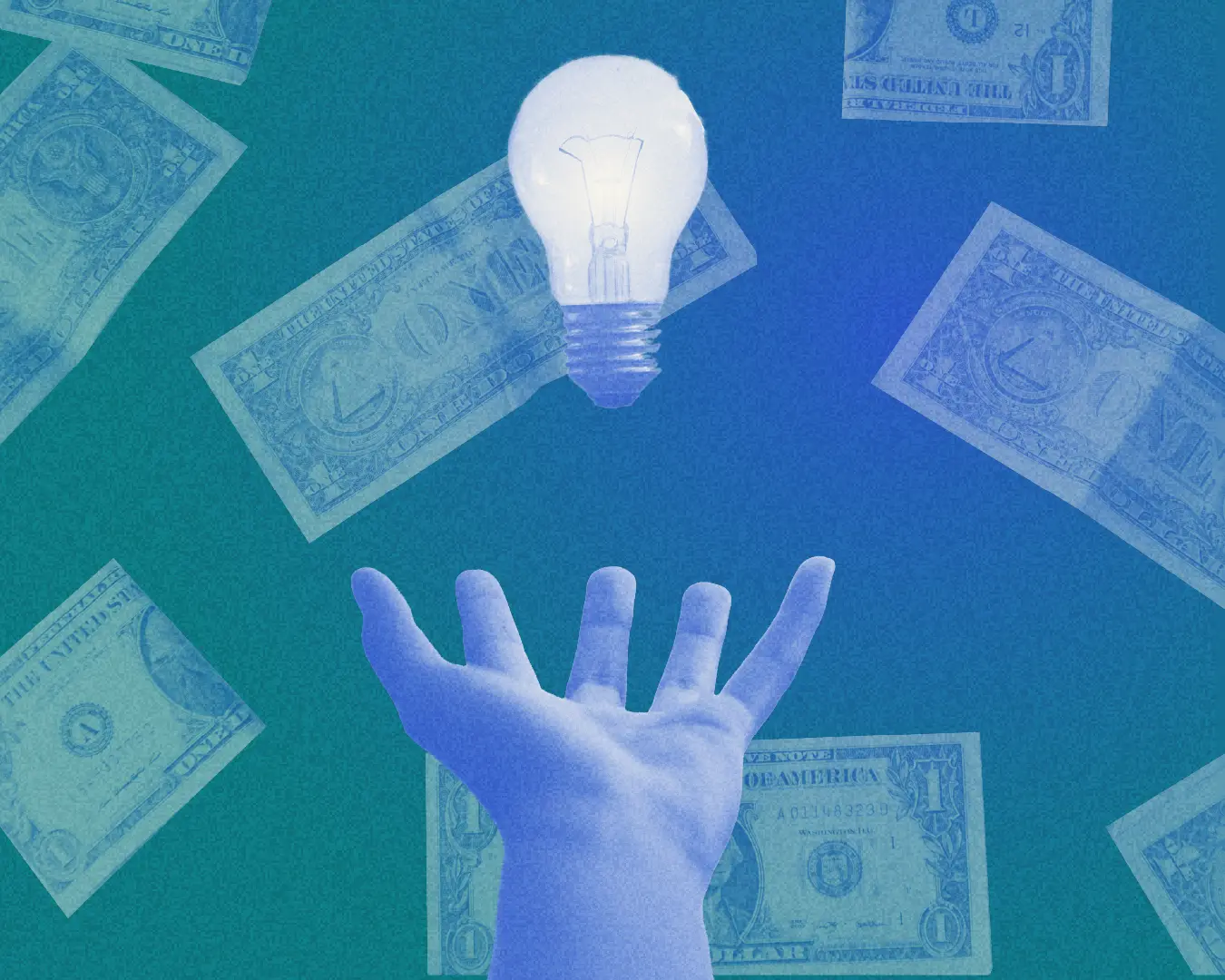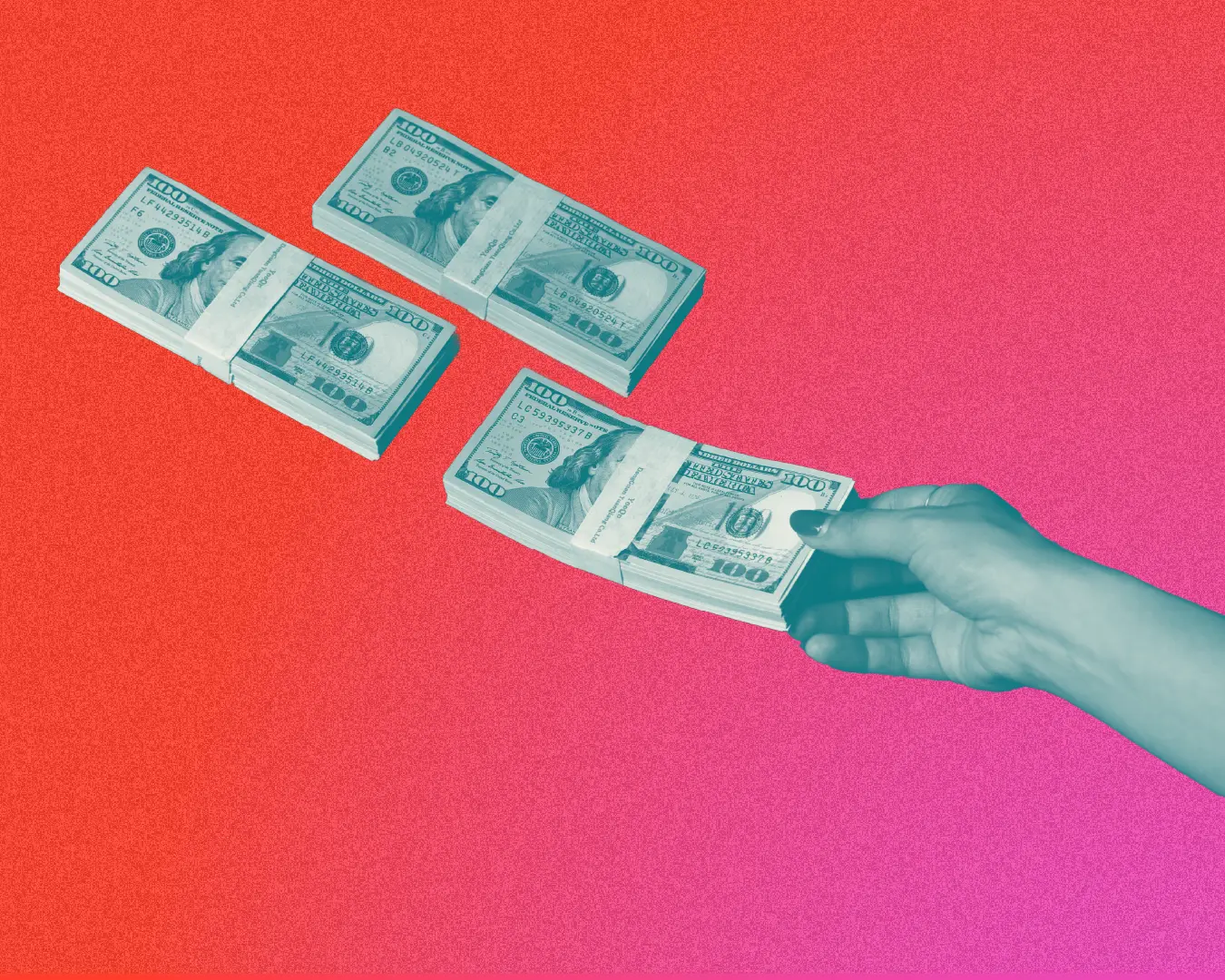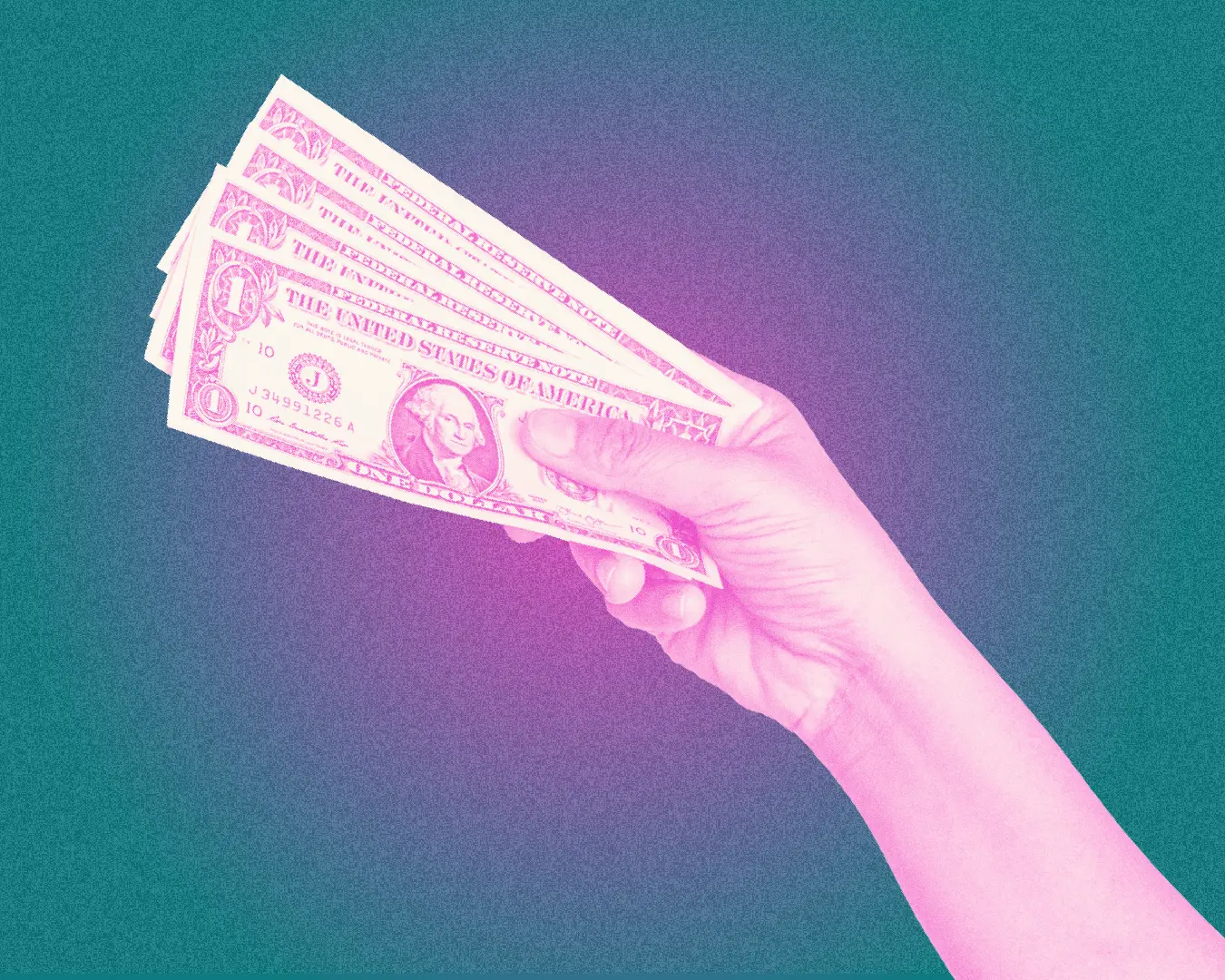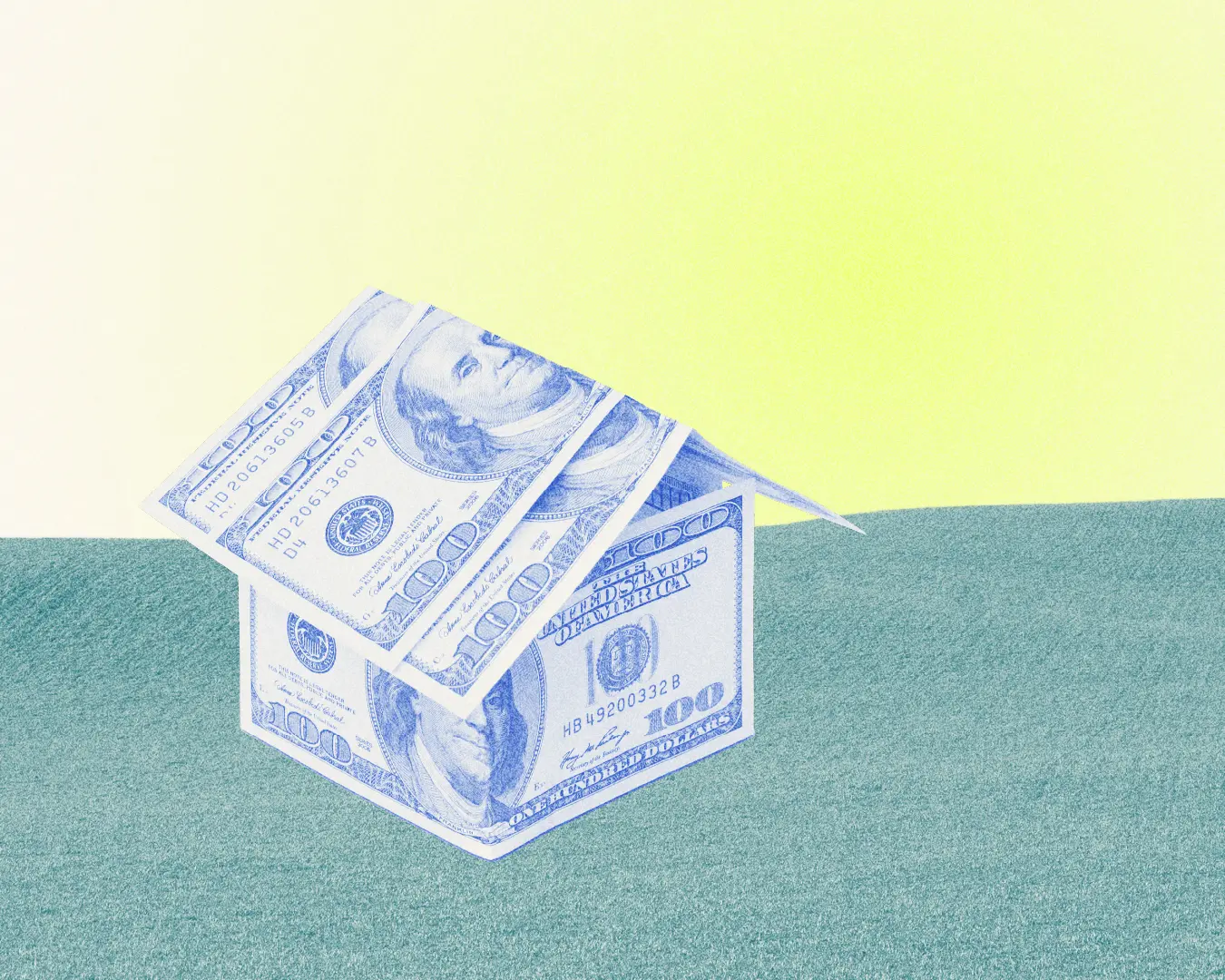A Positive Week for Earnings and Global Growth Forecasts, with a Few Remaining Curveballs Sparking Volatility
With UK inflation still in double digits and the property market lagging in China, it’s no surprise that there’s still some twists and turns to the market's upbeat news this week
The US dollar is cooling off
The US dollar hit highs last year, as many global currencies weakened dramatically in comparison.
But as the need for the ‘safe haven’ that the dollar presents to global markets fades, the value too is starting to slide.
This could boost growth in the short-term to the US markets, as it becomes more globally viable and appealing to invest in dollar based investments.
Indeed, positive earnings announcements from Netflix, consumer goods company P&G (Procter & Gamble) and pharmaceutical giant Johnsons & Johnson all point towards a more rosy short-term future.

Inflation is stubbornly sticking in the UK
UK Inflation figures released last week showed good and bad news.
Starting with the good news, inflation in the UK fell in the month of March, from 10.4% to 10.1%.
The bad news? It’s still in double digits, unlike any other Western European country.
That being said, food prices are what’s behind a lot of this stubborn inflation – most notably cheese, dairy and olive oil which have all spiked in value.
The rise in food prices is predominantly due to production costs, which have skyrocketed in the last year due to high energy prices.
But now that energy prices have come down, food prices should also come down.
It's a delayed reaction, but shows positive signs for the future. In fact, forecasts even suggest that by 2024, inflation could be ‘back to normal’ and back to the 2% mark.

European markets are witnessing a growth spurt
Eurozone economic activity saw unexpected growth, with the services sector driving the boost.
Whilst manufacturing is looking weak, the good news is that the services sector makes up for a lot more of the economic output, so it’s outweighing the slow.
The moves reveal that consumers are still spending. This is great for the economy, but less promising for the upcoming European Central Bank interest rate meeting, as they might see the spending as an ongoing threat to inflation.

China’s market is reinvigorated, but property is proving to be a thorn in their growth
China is looking likely to beat their target of 5% economic growth this year, according to data released last week.
The reopening of the country post zero Covid-19 measures, has led to a boom in retail spending and export production.
However, their property sector is still in choppy waters. Following the 2021 default of Evergrande, one the biggest property construction companies in China, the sector has struggled to recover.
This is particularly significant as Evergrande represents a significant chunk of the overall Chinese market and economy.
And currently, nearly 20% of the Chinese youth population are unemployed. This will need to change if China wants to continue smashing their growth targets into the longer term.

Electric vehicles are in for a bumpy ride
US President, Joe Biden, has launched a host of new electric vehicle strategies, to incentivise growth in the sector.
Italian company Enel has already profited from this, in their installation contract to double the amount of chargers across the US.
However, the sector doesn’t just need chargers, it needs affordable cars.
Tesla, the key player in the electric vehicle market, announced falling profits for the first time since 2019 last week. This led to the stock price dropping 9%.
Tesla car models are still relatively expensive and as consumers feel the pinch, further and further away from an affordable option.
And electric vehicles don’t just need chargers, they need lithium. A key component to the batteries is mined in Chile, amongst other countries.
Last week, the Chilean president announced plans to nationalise Lithium mining, which could further hamper production for the electric vehicle sector.










































































































